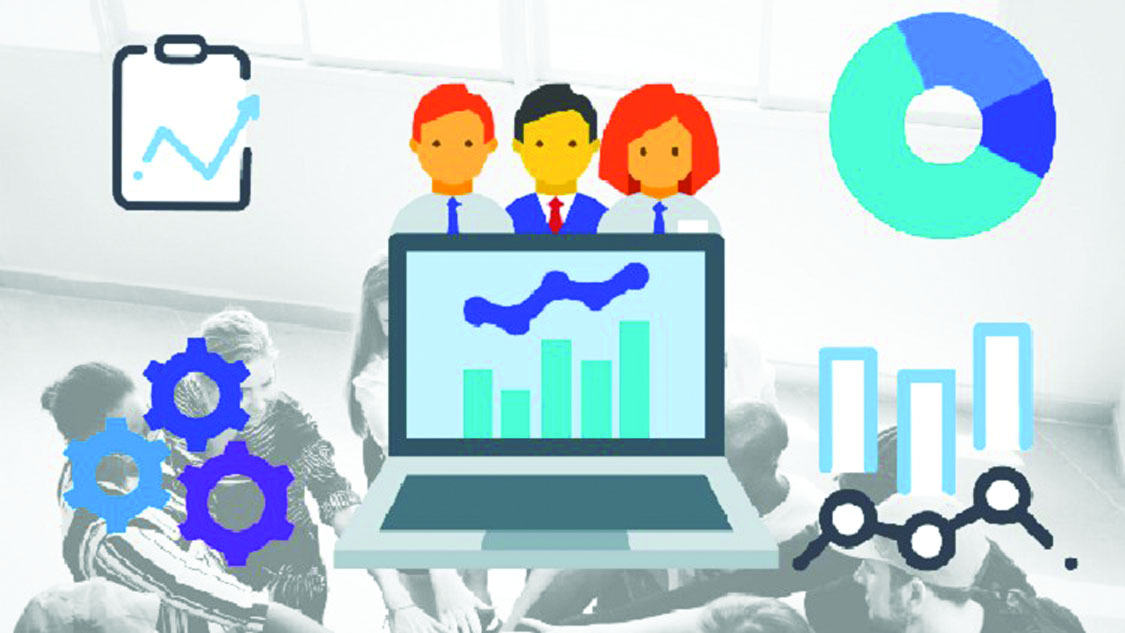Students have started to understand how People Analytics in HR would help them take data driven decisions while understanding employee behaviour, says Dr Pratima Sheorey
Business transformation has become a necessity in this fast and fluid world. Engaging and empowering employees through multiway communication channels has become an imperative. Over the past few years, we have seen a sharp rise in adoption of agile, design thinking, and other digitally oriented practices.
In the past, quantitative methods were applied to assess financial and operational scorecards, but it has always been difficult to employ Qualitative methods to evaluate people. Therefore, people analytics has certainly been a game changer. It has helped to evaluate behavioural data on what employees are working on, how behavioural changes can affect the financial performance of the company, what can affect employee behaviour in the organisation.
In their role as Human Resource Managers, MBA students have started learning the importance of People Analytics in their career. Students have started to understand how this specific domain in HR would help them take data driven decisions while understanding employee behaviour. This premise comes with the rapidly evolving field of people analytics that organisations are embracing as they use data to evaluate the journey of an employee in the organisation.
Following are the ways how this course is equipping the HR professionals for the industry:
Analyse employee behaviour effectively: One of the crucial aspects that an HR professional needs to ensure is to keep employee behaviour at optimised levels. Recognising an employee’s efforts with fair compensation is directly related to the happiness and satisfaction of an employee. People analytics help HR professionals to come up with new techniques of engaging with employees at all levels.
Transparent recruitment process: One of the most challenging tasks for HR is finding the right pool of talent suiting the needs of a particular department and identifying which department has gaps in terms of the kind of skills required. In such cases, People Analytics plays a key role in providing insights on the skills needed among talent, sorting through the profiles, transparent profiling metrics and talent development. When such data driven decisions are taken it helps a company align its goals with their pool of talent.
Forecast potential business impact: Current trends and historic data are useful to gauge employee performance and the revenue generation for a business. An organisation can understand the impact on business trends over time. It is also possible to factor in the extraneous impact. All this can help to predict the appropriate people practises to be followed to ensure that the business is impacted in a positive manner.
Increase diversity in the organisation: Diversity is a powerful thing for any business. Across a company’s employee lifecycle, People Analytics plays a key role in analysing the state of diversity. This also helps in identifying areas of unintentional bias and effectively addressing the problem areas.
People Analytics has emerged as a key differentiator in the HR domain and anyone who wants a more strategic work profile can certainly go for a specialisation in this field. Apart from making you a specialist, analytics will definitely help you in upskilling and make evidence-based decisions to improve and upscale organisations.
The writer is Director, SCMHRD, Pune
























